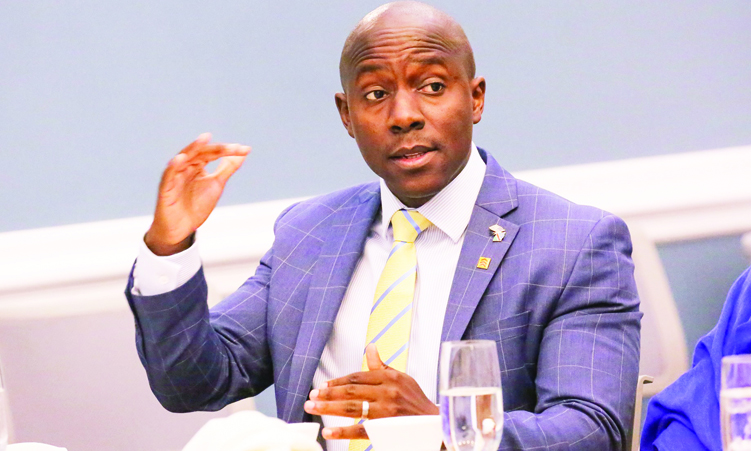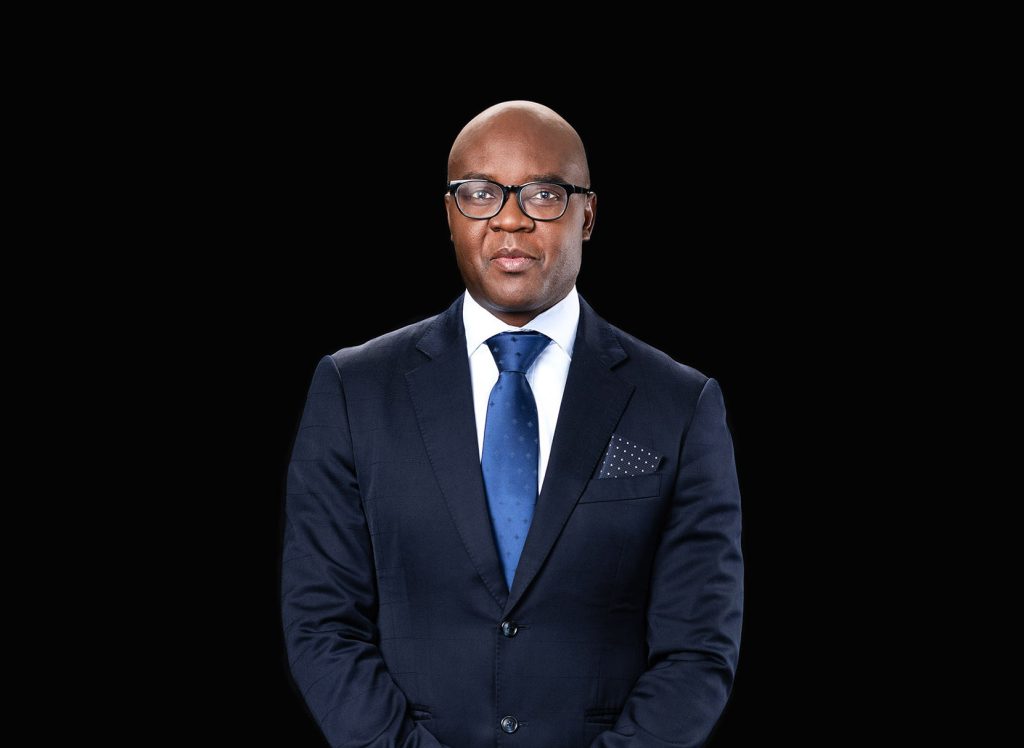The government said it has to cautiously ponder the acquisition of a 24% equity stake in Hyphen Hydrogen Energy, as it grapples with concerns about the economic viability of the venture.
Hyphen, the preferred bidder formed to specifically develop green hydrogen projects in Namibia for international, regional and domestic supply, offered the government an option to buy a 24% interest in the company.
Over the past years, the government has been a strong advocate for harnessing the potential benefits of green hydrogen, particularly through the Hyphen project, in order to revitalise the country’s struggling economy.
However, green hydrogen commissioner James Mnyupe said while the government intends to purchase the offered 24% equity, it first needs to assess the economics of the project.
“You want to make sure that the economics of the project are as promising as you think it could be,” Mnyupe said.
Government and Hyphen on Friday signed a feasibility and implementation agreement initiating a preliminary phase lasting up to six months for the fulfilment of conditions and for the government to exercise the option to buy up to a 24% stake in the project.
“It was very important for the Namibian government to protect its sovereign right to decide whether to buy or not and not to be bound by an agreement,” Mnyupe said.
Mnyupe said the government wants to explore various options for purchasing the equity, including grant funding and concessional loans.
According to Mnyupe, the government still has to consider how exactly the 24% equity will be owned, whether it is through the Sovereign Wealth Fund or through a state-owned enterprise.
Meanwhile, the share offered to the government has sparked scepticism.
Politician Job Amupanda raised doubts about the government’s ability to afford the acquisition.
Amupanda emphasised the need to prevent a situation where the government conducts a due diligence assessment and concludes that it cannot afford the shares.
“We must not allow this so-called ‘due diligence’ where the government will say ‘no we cannot afford’. It (money from the 24% shares) must go to the Sovereign Wealth Fund,” Amupanda said.
Economist Omu Kakujaha-Matundu has voiced strong reservations about the equity offered to the government, arguing that developing country governments are reduced to beggars in their own resource-rich nations.
“Resources should belong to the state and the investors should be the ones negotiating the shares with the government, but in this neo-colonial setting, developing countries’ governments become the beggars,” Kakujaha-Matundu said.
He said desperation to attract foreign direct investment leads African leaders to open themselves up to potential abuse.
“Twenty four percent shares in your own resource makes little sense to me,” Kakujaha-Matundu said.
Political analyst Henning Melber said Namibia faces challenges in developing a comprehensive resource strategy and effectively negotiating mega projects with foreign investors, highlighting the need for clearer guidelines.
He said the offer of a 24% stake falls short of complete ownership, and the country’s current fiscal situation poses obstacles to large-scale investments.
“It is almost as if the government is eager to enter as many agreements as possible ahead of next year’s elections to use these as evidence for being in business as a promise for a better future in terms of employment and income,” Melber said.
Melber said to navigate the complexities that come with the emerging energy sector, the government should seek guidance from German civil society actors experienced in resource extraction by German companies to ensure effective negotiation strategies and comprehensive evaluation.
Meanwhile, Hyphen CEO Marco Raffinetti said both Hyphen and the government worked tirelessly over the last 18 months to craft the project which they believe will set the benchmark for fair, equitable and sustainable green hydrogen projects.
“The project on its own, being the single largest project ever proposed to be undertaken in Namibia, has the potential to be transformational for Namibia and its economy, driving job creation and the economy,” Raffinetti said.
The Hyphen project is expected to create up to 3 000 permanent jobs during its operation, with the target for 90% of these jobs to be filled by Namibians and 20% by youths.
The project also wants to source up to 30% of its procurement of goods, services and materials during the construction and operational phases from local small and medium enterprises (SMEs) and businesses.
“This is equivalent to N$60 billion in business for our local SMEs,” Namibian Green Hydrogen Council chairman Obeth Kandjoze said.
Stay informed with The Namibian – your source for credible journalism. Get in-depth reporting and opinions for
only N$85 a month. Invest in journalism, invest in democracy –
Subscribe Now!






